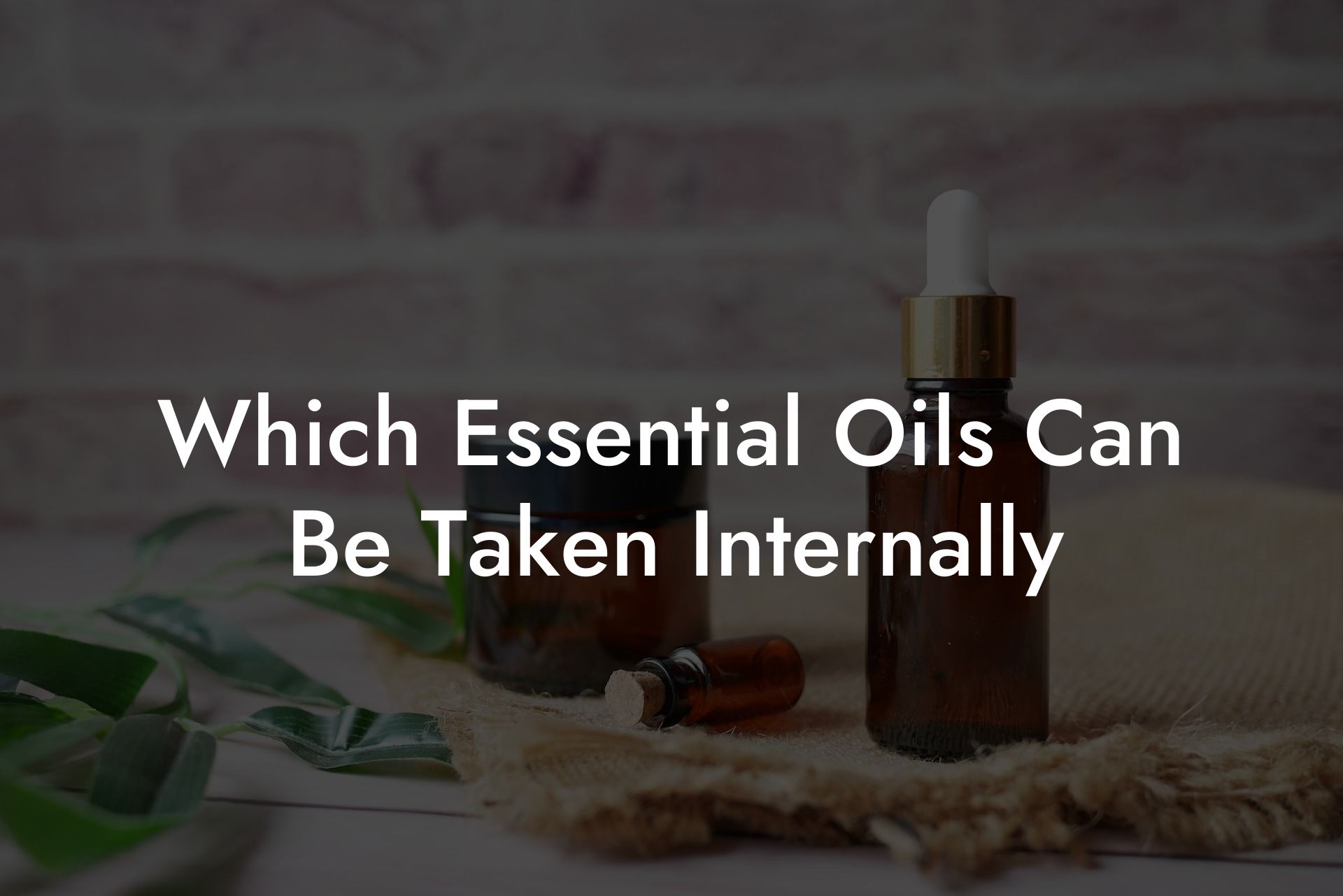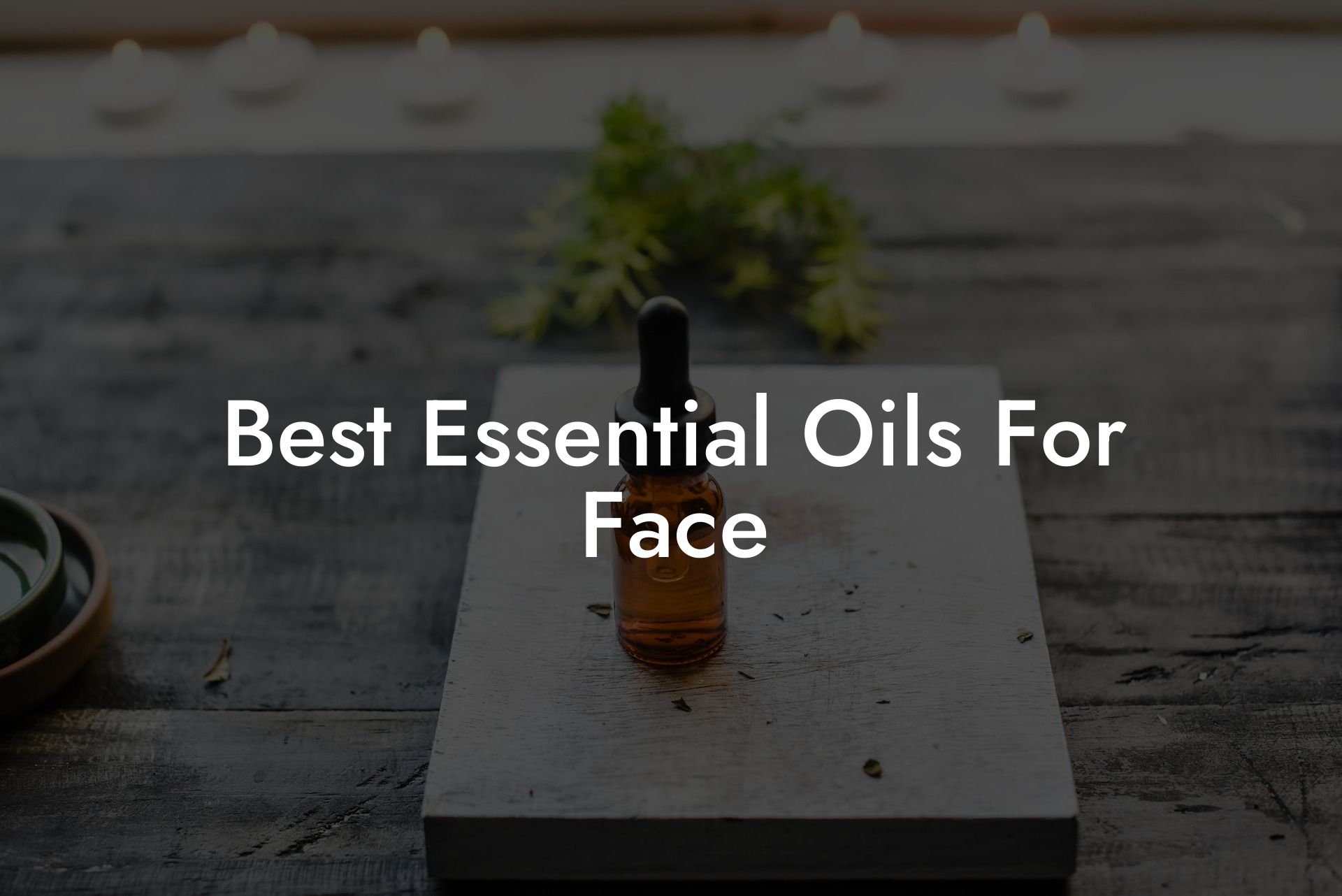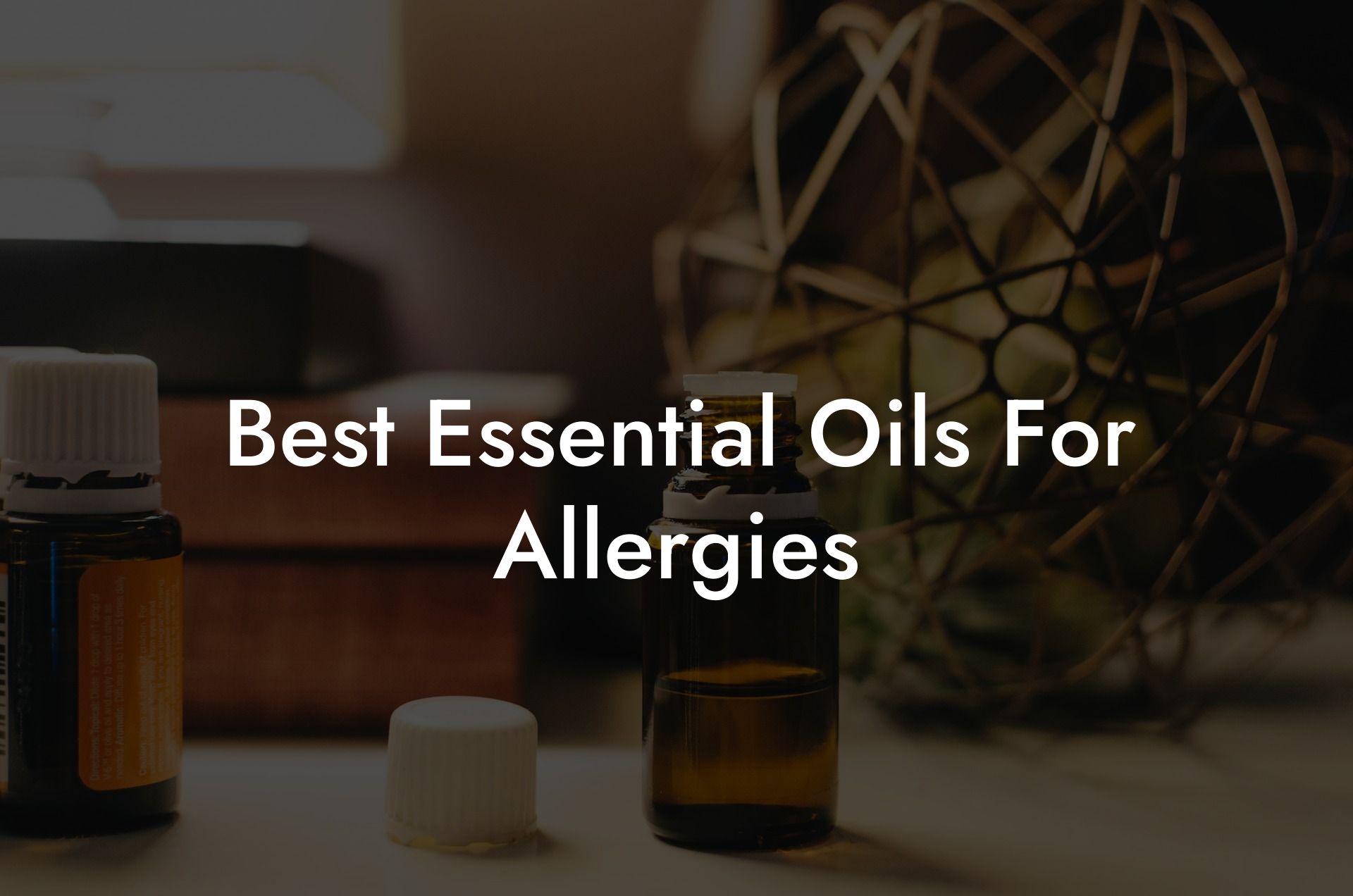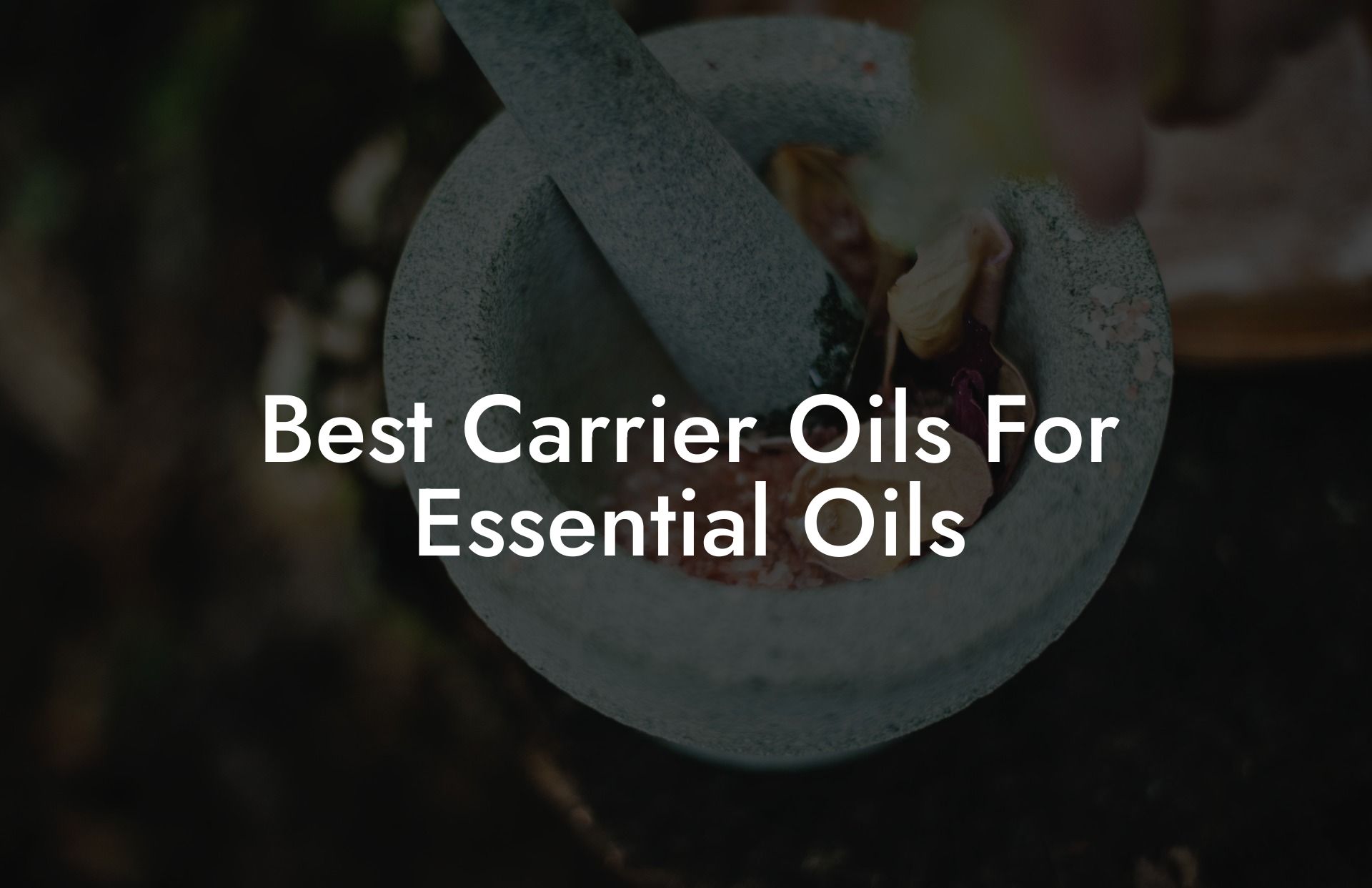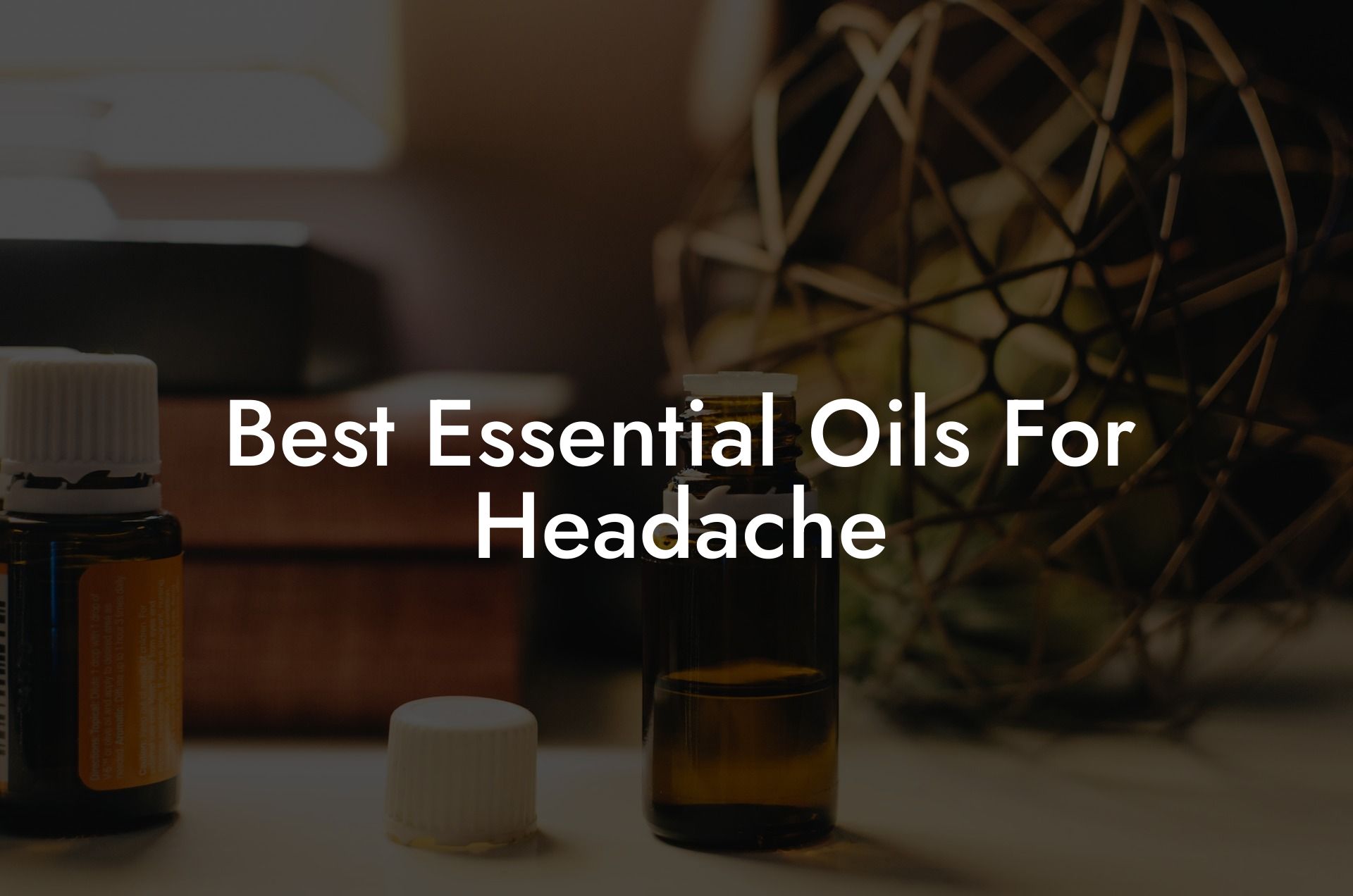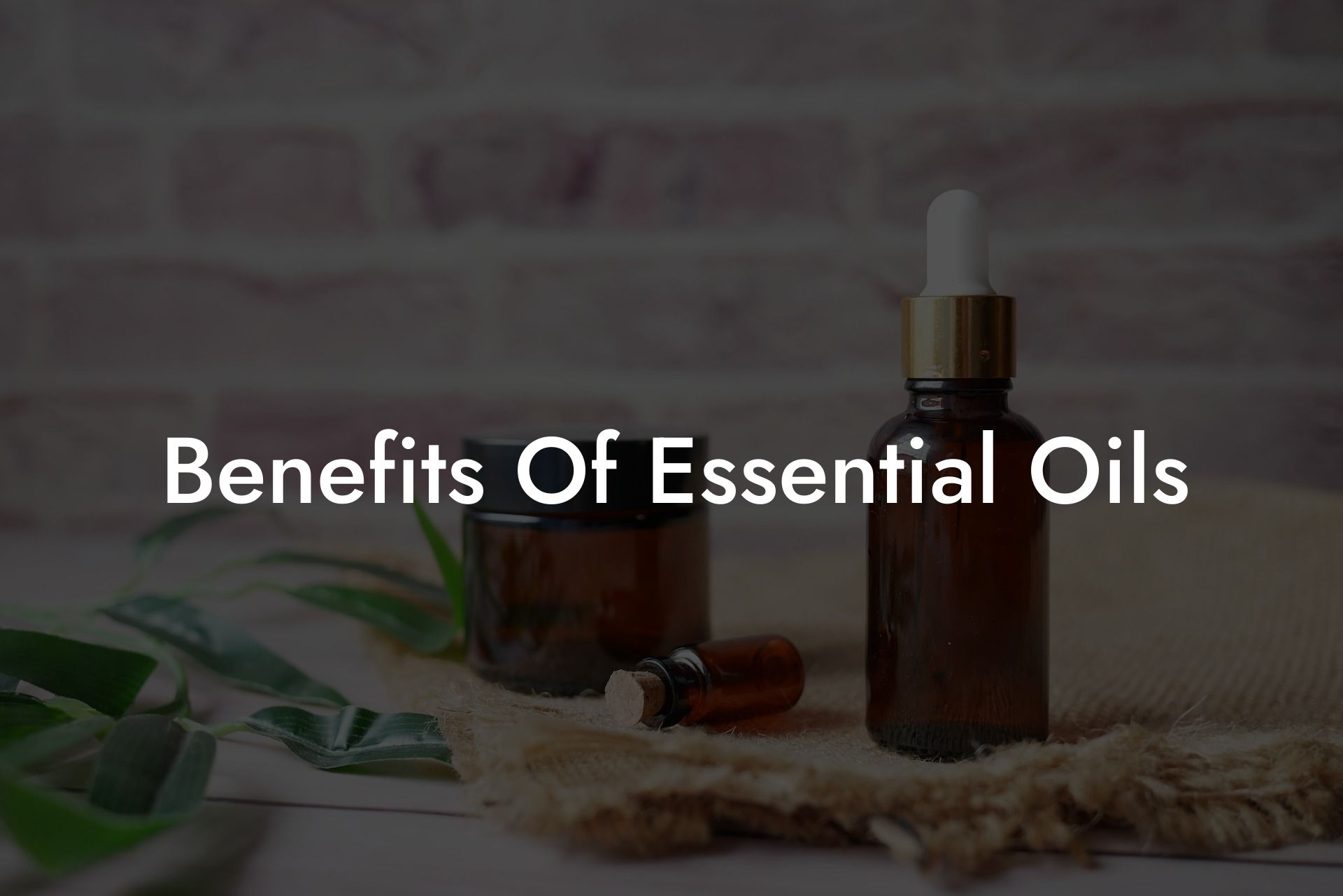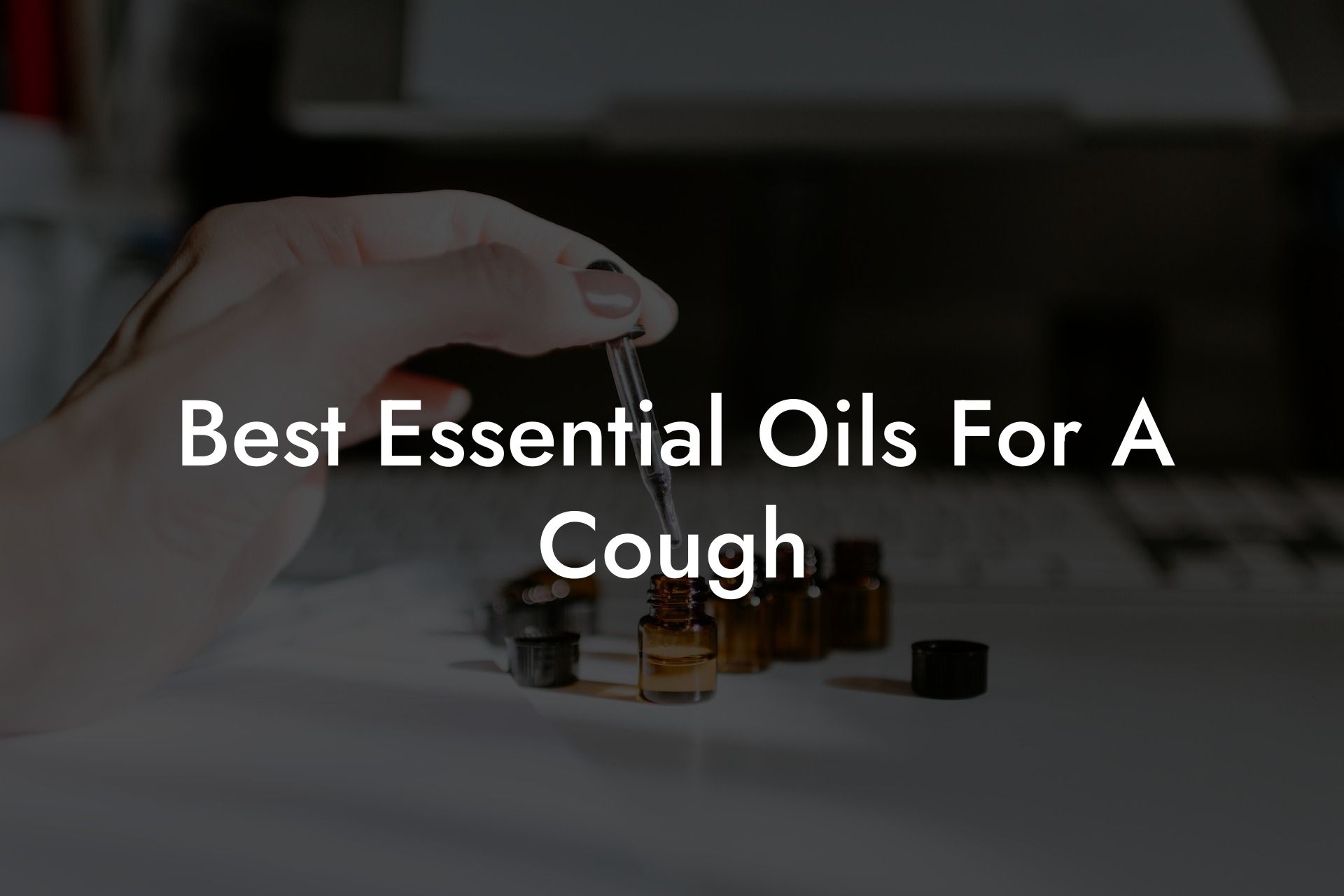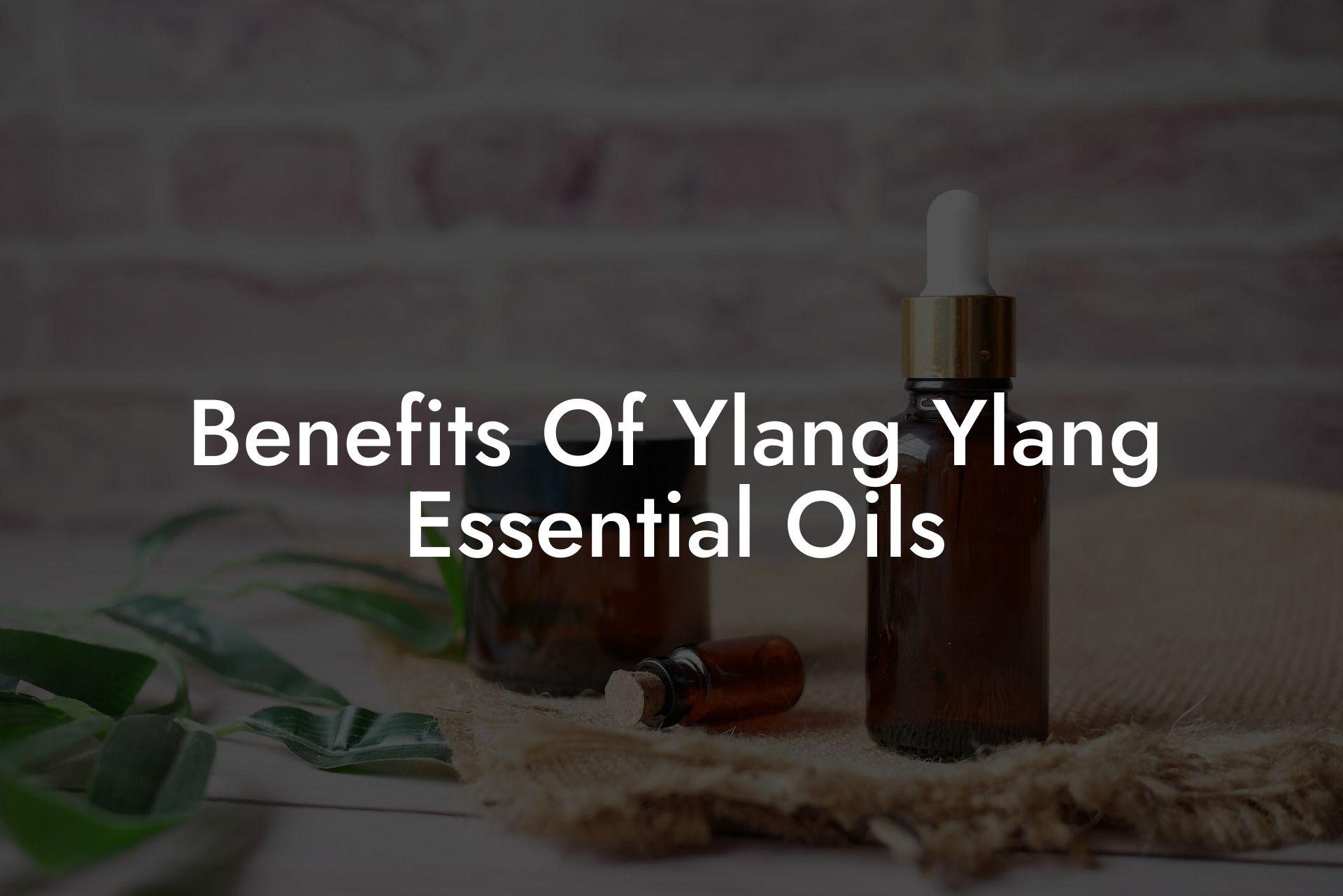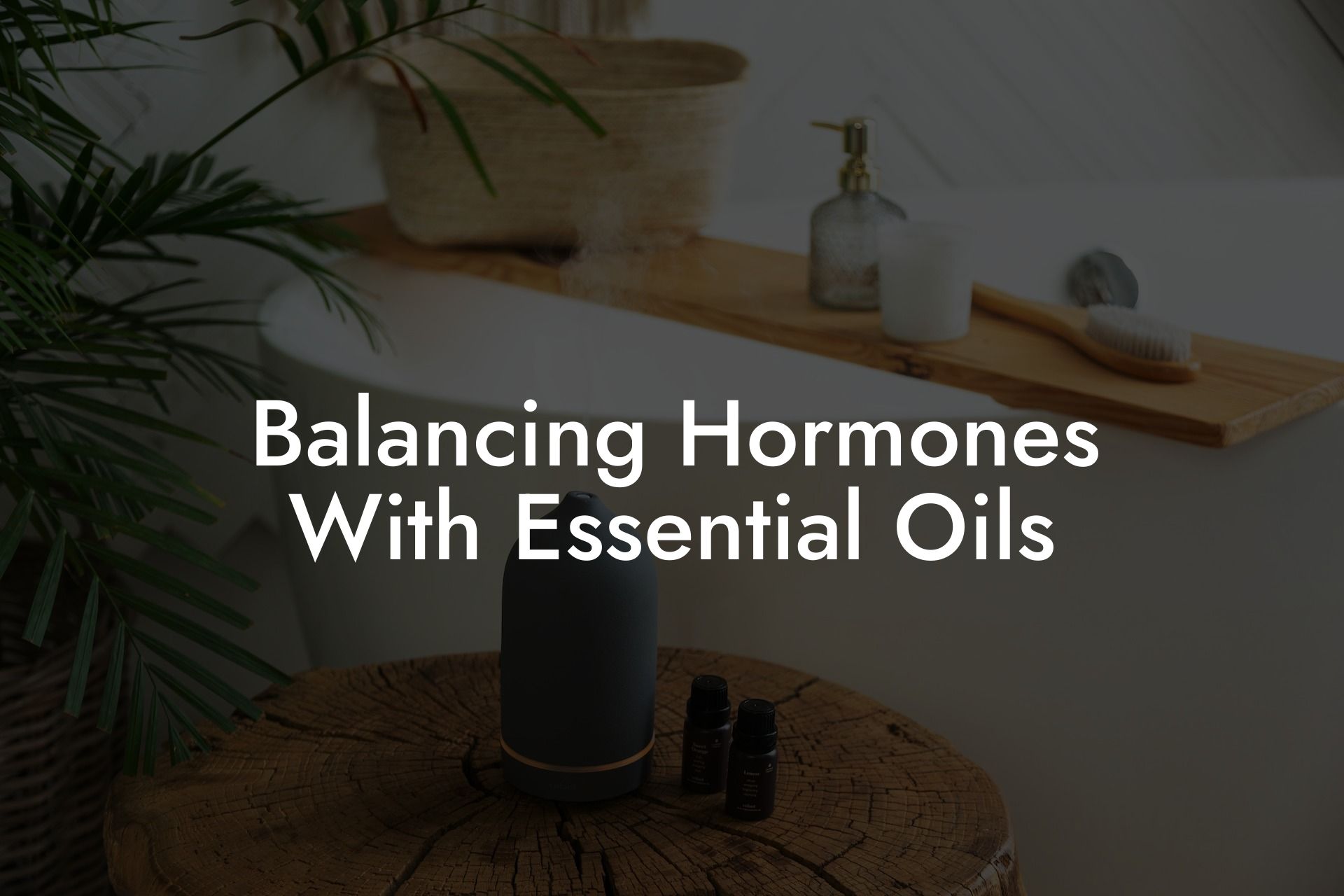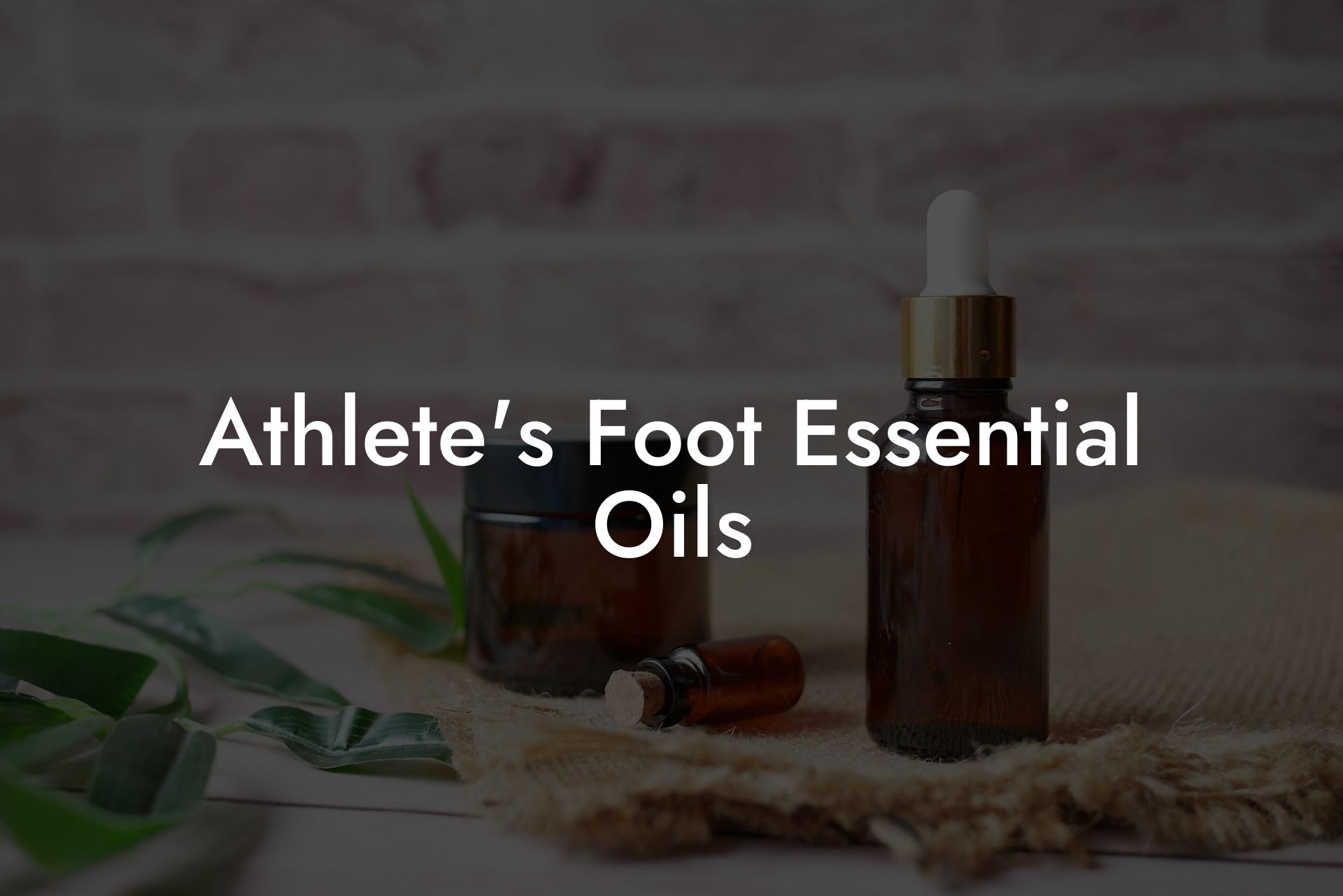Essential oils have been used for centuries for their numerous benefits in aromatherapy, skincare, and even household cleaning. But did you know that some essential oils can also be taken internally to support your overall health? In this comprehensive guide, we will explore the world of essential oils that can be taken internally, explaining their uses, safety precautions and how to incorporate them into your wellness routine.
Table of Contents
Why Take Essential Oils Internally?
Taking essential oils internally can provide a variety of health benefits due to their potent properties and natural healing abilities. Some common reasons to take essential oils internally include:
- Immune system support
- Relief from digestive issues
- Promoting emotional balance
- Supporting overall well-being
Which Essential Oils Can Be Taken Internally?
Not all essential oils are safe to ingest, as some can be harmful or toxic when consumed. It’s essential to choose oils that are labeled as food-grade or therapeutic-grade and to consult with a certified aromatherapist or healthcare professional before ingesting any essential oils. Some essential oils that are generally considered safe for internal use include:
- Lavender
- Peppermint
- Lemon
- Frankincense
- Oregano
- Clove
- Rosemary
- Ginger
- Fennel
How to Use Essential Oils Internally
When ingesting essential oils, it’s essential to understand that less is more. Essential oils are highly concentrated, and a small amount goes a long way. To use essential oils internally, you can:
- Add a drop or two to a glass of water, juice, or tea
- Place a drop under your tongue (sublingual application)
- Add a few drops to an empty vegetable capsule and swallow
- Use essential oil-infused cooking recipes
Safety Precautions When Taking Essential Oils Internally
It’s crucial to exercise caution when taking essential oils internally. Here are some essential safety precautions to keep in mind:
- Use high-quality, food-grade essential oils from reputable sources
- Consult with a certified aromatherapist or healthcare professional before ingesting essential oils, especially if you are pregnant, nursing, or have any underlying medical conditions
- Read the label and follow the recommended dosage guidelines
- Avoid using essential oils internally for extended periods
- Be cautious with hot oils such as oregano, cinnamon, and clove, as they can cause irritation or burning sensations when ingested
Which Essential Oils Can Be Taken Internally Example:
Sarah has been suffering from chronic digestive issues and has been actively seeking natural remedies to aid in her relief. She came across Oshu Oils and decided to give their food-grade peppermint essential oil a try for internal use. She added 1 drop of peppermint oil to her glass of water and consumed it 30 minutes before each meal. After a week of consistent use, she noticed a significant improvement in her digestion and overall comfort.
Incorporating essential oils into your wellness routine through internal use can offer numerous health benefits. However, it’s crucial always to prioritize safety and follow the appropriate guidelines to make sure you’re getting the most out of these natural remedies. If you’ve found this guide helpful, be sure to share it with others who may want to learn more about essential oils and their uses. Don’t forget to explore more informative guides on Oshu Oils and discover the wide range of artisan essential oils available to enhance your overall well-being.

